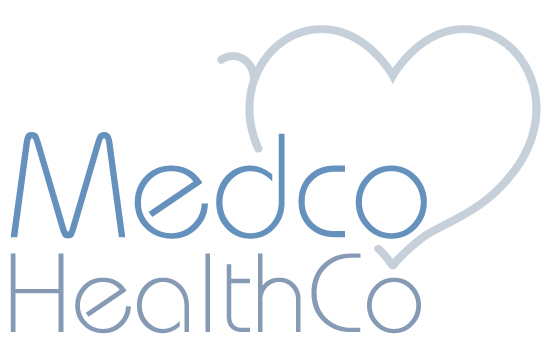GENERAL MEDICAL CHECK-UP
GENERAL MEDICAL CHECK-UP
(Preventive Health Travel Coordination – Informational Only)
General Medical Check-Up Travel Coordination
At Medco HealthCo, we coordinate general medical check-up travel services for international patients seeking preventive health assessments as part of a structured medical travel experience in Istanbul.
Our role is to organise appointments, hospital arrangements, accommodation, transfers, and on-site assistance in collaboration with licensed healthcare professionals at accredited hospitals and medical centres.
Medco HealthCo does not provide medical advice, diagnosis, or treatment.
WHAT THIS SERVICE FOCUSES ON
General medical check-ups are often explored by individuals who wish to:
-
Obtain an overall health assessment
-
Review general wellness indicators
-
Access preventive healthcare services during travel
All medical examinations, evaluations, test selection, and results interpretation are provided directly by licensed healthcare professionals.
Medco HealthCo does not determine which tests are required or interpret medical results.
HOW THE PROCESS WORKS
(Coordination Overview)
A typical coordination plan may include:
-
Arrival Day:
-
Airport pickup and transfer to accommodation
-
-
Check-Up Day:
-
Scheduled hospital or medical centre visit
-
On-site coordination and translation support
-
-
Completion & Departure:
-
Review of logistics and departure planning
-
Exact content, timing, and scope of check-ups are determined during professional consultations.
WHAT’S INCLUDED IN THE GENERAL MEDICAL CHECK-UP COORDINATION
Depending on personal planning, coordination services may include:
-
Airport pickup and farewell transfers
-
Coordination of hospital or clinic appointments
-
Accommodation arrangements
-
Translation support during medical visits
-
Dedicated on-site assistance
-
Post-visit coordination support after return home
All inclusions are clearly communicated prior to confirmation.
PRICING & PAYMENT INFORMATION
Pricing varies depending on the scope of the check-up coordinated and is shared individually.


